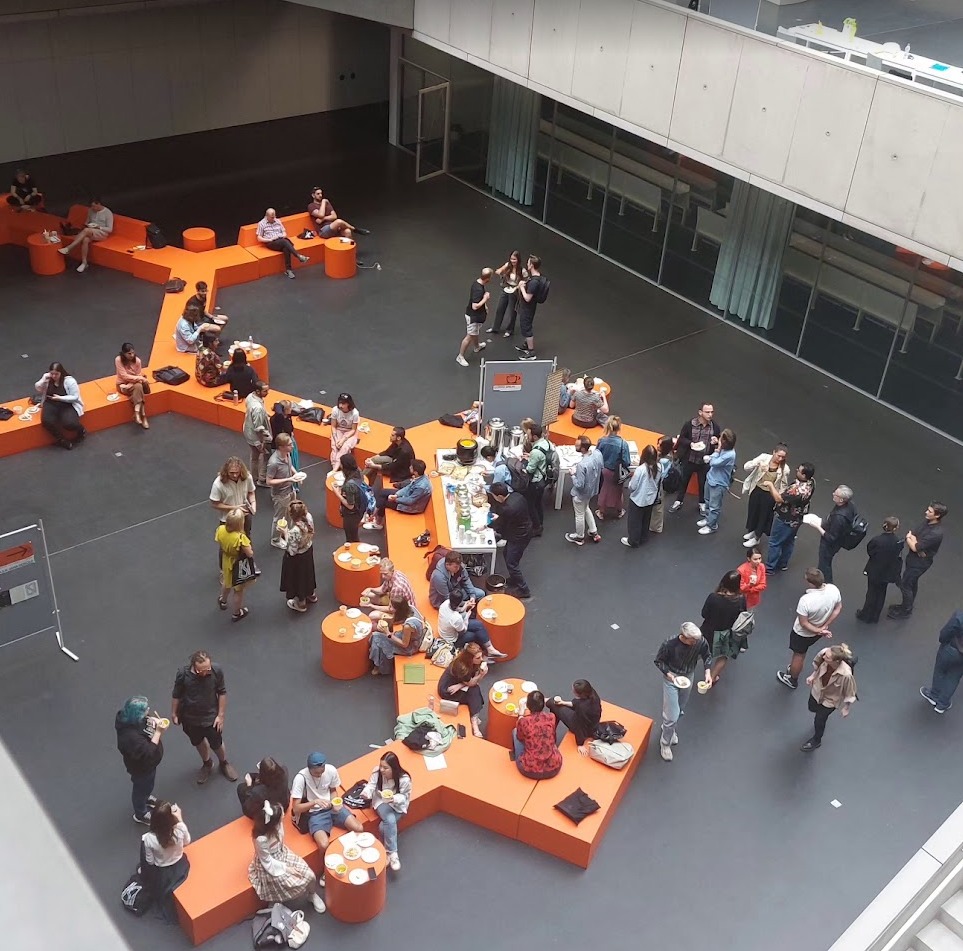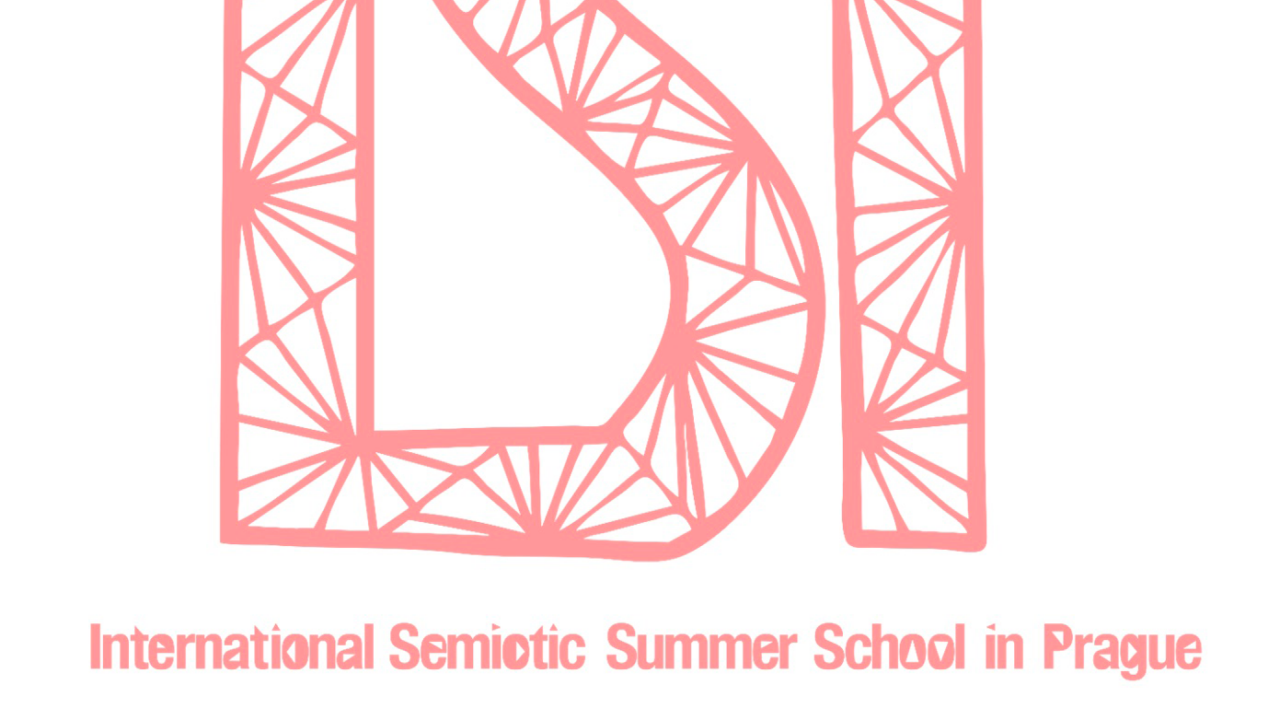TYLER JAMES BENNETT
The International Semiotic Summer School in Prague (ISSSIP 2023) was an unprecedented event, having taken place on July 23rd – 28th, 2023. It was organized by the International Semiotics Institute (based at Palacký University Olomouc), in partnership with c:o/re, the University of Bologna, University of Sofia St. Kliment Ohridski, The Erasmus School of Philosophy in Rotterdam, Palacký University in Olomouc, and Charles University in Prague. It was hosted at the Department of Electronic Culture and Semiotics at Charles University. It gathered 80 students from several universities, who listened to lectures by more than ten leading academics, in several branches of semiotics, and had the chance to network and share their ongoing research. We express our gratitude to have collaborated with RWTH Aachen University for this event.
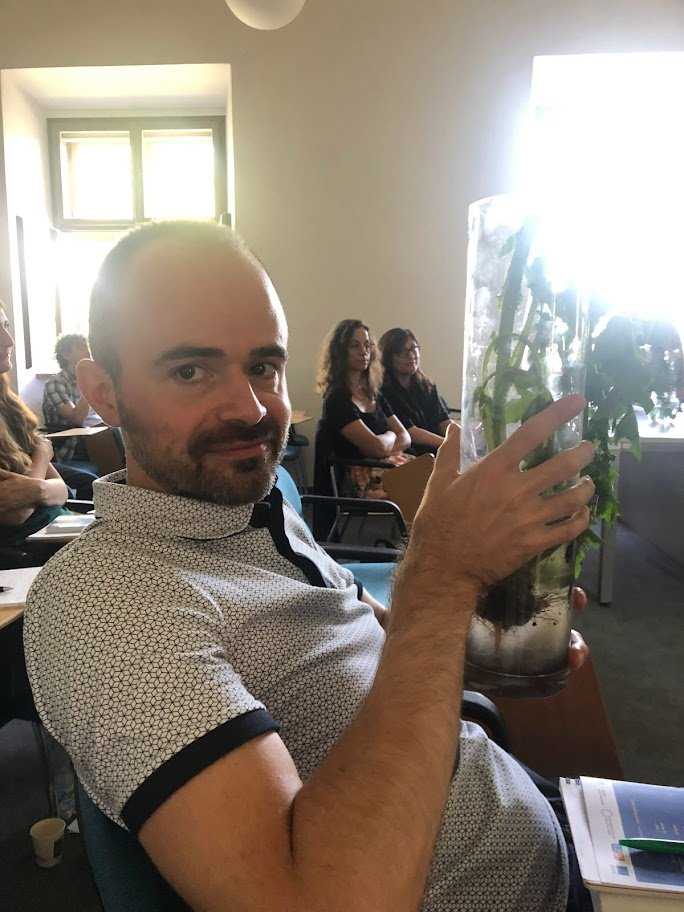
Tyler James Bennett
Tyler James Bennett is Assistant Professor at Palacký University Olomouc and the director of the International Semiotics Institute. His research interests include deconstruction, psychoanalysis and biosemiotics.
We say that it was unprecedented from the insider perspective of being principal organizers of the event, as well as having been deeply implicated in the European semiotics conference circuit for more than a decade – because of the diligence of the team, the beneficence of the environs, the generosity of the hosts as well as the funding institutions, we think we saw something pretty special. At the bottom of this post, reflections by RWTH Aachen students confirm the unique experience that the summer school offered.
The Czech semiotic summer schools have a long if still somewhat unwritten history. The same can be said about the even longer history of the Czech schools (now in plural) of semiotics, in general. ISSSIP 2023 was first proposed at the 2022 Czech Semiotic Summer School held in Broumov, at the Benedictine Monastery. It consisted mostly of Martin Švantner, Ondřej Váša, Tyler James Bennett, Ľudmila Lacková and philosophy and semiotics students from Charles University. It was a low-key event with no more than 20 participants, but the students showed excitement and remarkable competence. Alena Ivanová, Aneta Kouvařiková and Vojtěch Volách were all there, the three of whom would later be instrumental members of the local organzing ground team the following summer. At the outdoor dinner table there, in July, it was agreed that we would hold it in Prague, and perhaps we could make it a more international event this time. As such, we started the dialog with RWTH Aachen, among other universities that became organizing partners.
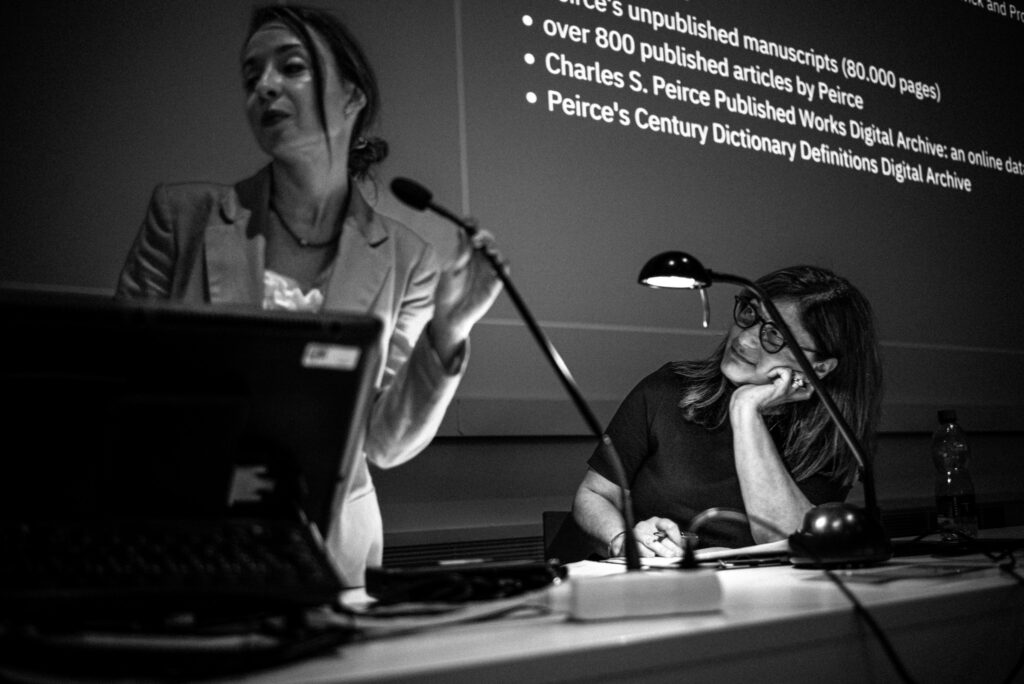
We decided not to call it the ‘Czech’ Semiotic Summer School. All of us in the organizing committee share some commitment to non-identification with the nation-state; as a source for themes and conceptual unity it is all too easy to fall back on the classics. We resolved to call this event the ‘International’ Semiotic Summer School in Prague, which was appealing to some of us because of how it highlights the role of the International Semiotics Institute (ISI) in the organization of the school. We really only understood the wisdom of keeping ‘Czech’ out of the title after the school was complete and we could reflect on the recurring points of discussion. The great names in Czech semiotics were of course spoken at our Summer School: Ivo Osolsobě, Jan Kořenský, and Roman Jakobson (although, as we know, Jakobson was Russian) – but the trending theoretical coordinates were far more diverse than this, unrestricted by historical or geographical limitations. Were it the ‘Czech Semiotic Summer School’ no doubt our guests would feel some obligation to pay obeisance to the local demi-gods, but in our case the pantheon is de-particularized (and this is reflected in the diversity of semiotic research cultures globally). Nevertheless, s ome new and very clear trend lines did also emerge from this meeting.
One of our keynote speakers, Professor Jordan Zlatev (Lund University), put it like this: if this Summer School is any indication, semiology (as a specific pathway of semiotic research, on the inspiration of Ferdinand de Saussure) is alive and well in the international semiotics scene. This comment even came before semiology had really seriously been broached at our event, when professor Miglena Nikolchina gave her keynote the following day, which bore the really excellent title: “F in Fire Stands for Fear: Image, Language, and Metaphor in a Kristevan Perspective”. Nikolchina works at Sofia University “St. Kliment Ohridski” and we invited her specifically for her expertise in the semiotics of Julia Kristeva, and for her team of associates from Bulgaria who bring probably the most sophisticated understanding of the semiology of that time, which elevated the discussion considerably.
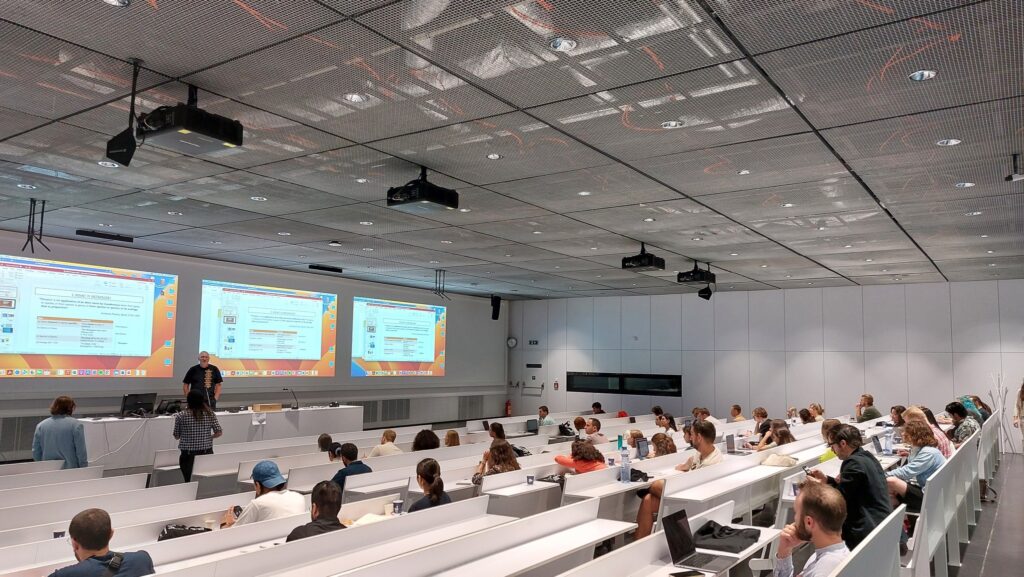
Securing the participation of students and colleagues from all of our partner universities was made possible entirely by the Blended Intensive Program (BIP), an Erasmus funding source from the European Union. For each institution sending students to our conference a separate agreement had to be negotiated with a different representative on their side. This involved countless emails and phone calls. We are all greatful to Ľudmila Lacková who, as Head of General Linguistics at Palacky University, managed all this coordination. Eventually, the event gathered an impressive number of enthusiastic students from many universities. Alin Olteanu’s role in bringing such great students from RWTH Aachen University, and for giving his own special workshop on cognitive semiotics, together with his colleague Aliki Apostolidou, as well as chairing more than one session, was decisive to the success of the school.
I believe that this semiotics event, focusing on visual metaphor, illustrated some of the topics that academics working in semiotics can collaborate on with science and technology scholars, such as the team and fellows of c:o/re. We listened to several remarkable talks on semiotic perspectives on technology, videogaming being a central focus in Miglena Nikolchina’s keynote address. I would like to highlight the presentation of the project Digital Writing, by Anežka Formánková and Kristína Harišová from Palacký University, under the supervision of Ľudmila Lackova. This project brings crucial insights into the history and cognitive aspects of writing systems, including the possible futures of writing systems, semiotic and linguistic analysis of emojis and internet memes.
The work of the Institute for Studies in Pragmatism (at Texas Tech), an important partner of this Summer School, has a specific interest for digital technology and artificial intelligence. Scholars from this Institute discussed such topics, unraveling particular insights that may come from semiotic perspectives. We would like to thank Professor Elize Bisanz, the Director of this Institute, not only for participating and delivering a brilliant keynote address, but also for making organizing the Peirce Young Scholar Awards at this Summer School, making available prizes, financial and not only, for the best three presentations by students. The best student presentation prize was awarded to Lenka Vojtíšková (Charles University) and the third best presentation prize was awarded to Rahul Murdeshwar (University of Tartu). The second-best student presentation was awarded to the RWTH Aachen student Chiara Schumann, for her paper on Metaphors animals live by, which discussed metaphorical conceptualizations in a species of octopi. This work on animal cognition and meaning-making is relevant for one of the main interests at c:o/re, namely lifelikeness. We see here a pathway for biosemiotics and cognitive semiotics to participate to the current cutting-edge debates in science and technology studies. Currently, Chiara is writing a BA thesis on this topic, coordinated by Dr. Alin Olteanu and Prof. Irene Mittelberg.
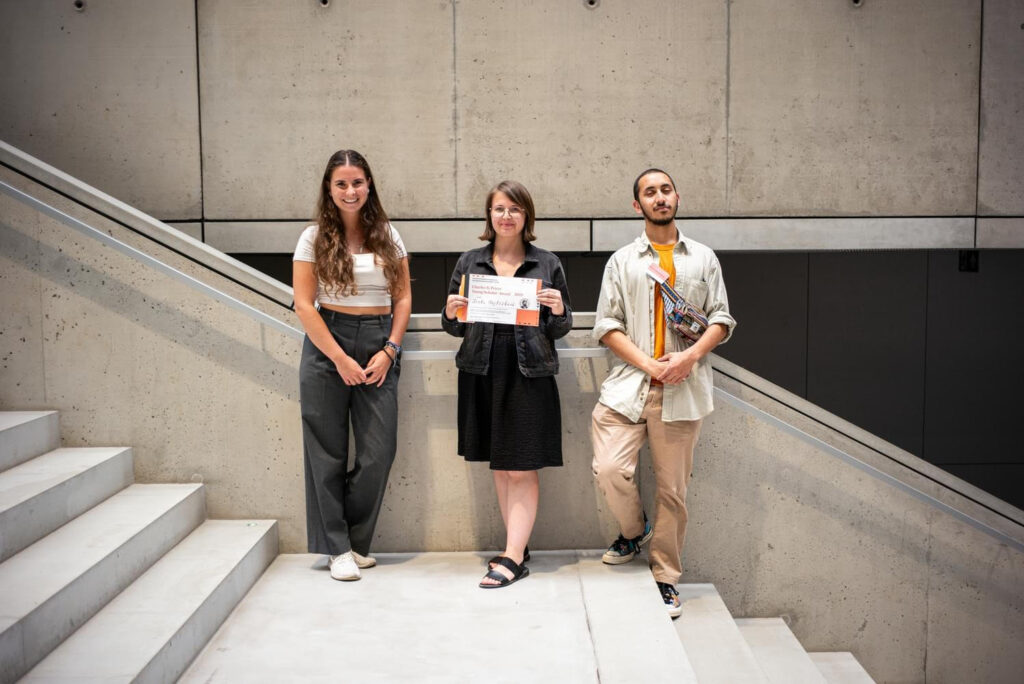
While I pointed out some specific papers we listened to at the Summer School, I cannot offer a compelling sample of the rich academic debates we had throughout the week. The full program of the Summer School is available here.
We are grateful to Castle Residence Praha, a fabulous hotel located directly next to the venue (Faculty of Humanities), hosted two of our big social events. The nights at Castle Residence will always be remembered. We are also grateful to Charles University for making available student dormitories at a very convenient price for the event.
What was most remarkable was that this event also had a kind of lawless, anarchic vibe – in the best sense. Because it was specifically Martin Švantner and Ondřej Váša (vice-dean of the Faculty of Humanities) who were the Charles University academic staff responsible onsite, everything proceeded naturally, and for once it did not feel like there were any hostile bureaucrats trying to dictate terms or limit what we could do. Above all, we hope that, like us, the students also enjoyed the lack of hierarchy and friendly environment. We had full latitude in the decision making and execution, and because of this, our event at times felt more like a party, a party where there is anonymity, but where everything remains totally civilized. Probably it was during these hours that the strongest bonds, memories and future plans were forged.
The lectures comprised in this summer school will be available on the Semiosalong Youtube channel.

RWTH students reflect on the summer school
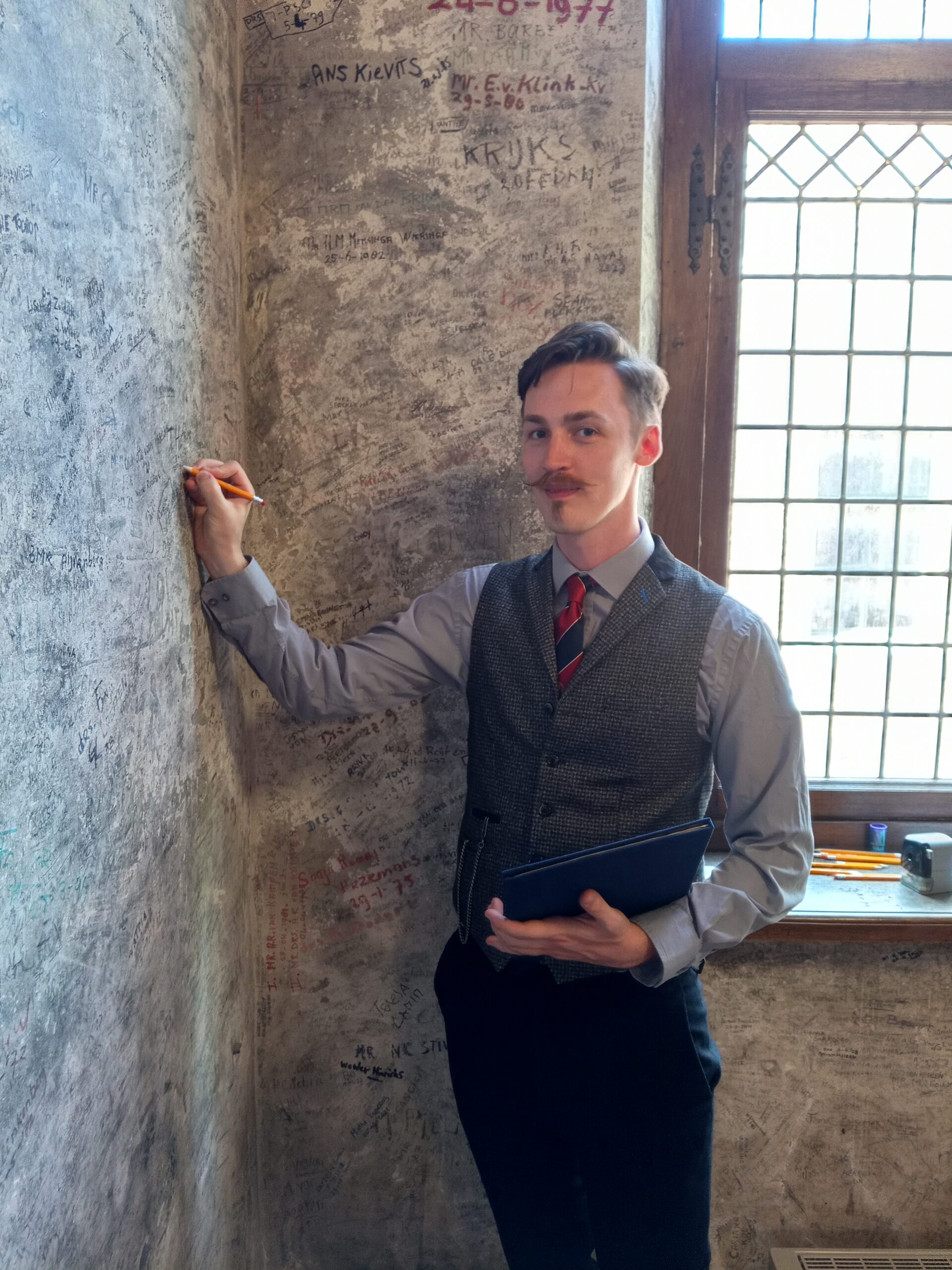
Thomas Venator
PhD student, Philosophy of Geology
The ISSS’s handling of visual metaphor was a testament to the ever-evolving nature of semiotic studies, underscoring the importance of metaphorical constructions for knowledge in an increasingly visually-centered world.
The summer school layed a groundwork for future explorations and was also useful for my own doctoral research; helping illuminate how we can make progress towards the ‘Geosemiosis’ Vic Baker called for back in 1998.
Coming from a technical background, I enjoyed the attempt to discuss ‘AI’ and particularly appreciated talks on multimodality, structuralism and their interplay with digital architecture.
Set against the elaborate backdrop of Prague, the event combined academic rigor with cultural enrichment to provide a host of valuable memories with new friends. My fondest of these has to be the second evening, standing on a hill with colleagues, to enjoy the city vista and discuss life’s mysteries.
Thus, I was definitely inspired by this summer school and recommend it to enthusiasts, academics, artists, or anyone else intrigued by the endless dance of symbol and meaning.
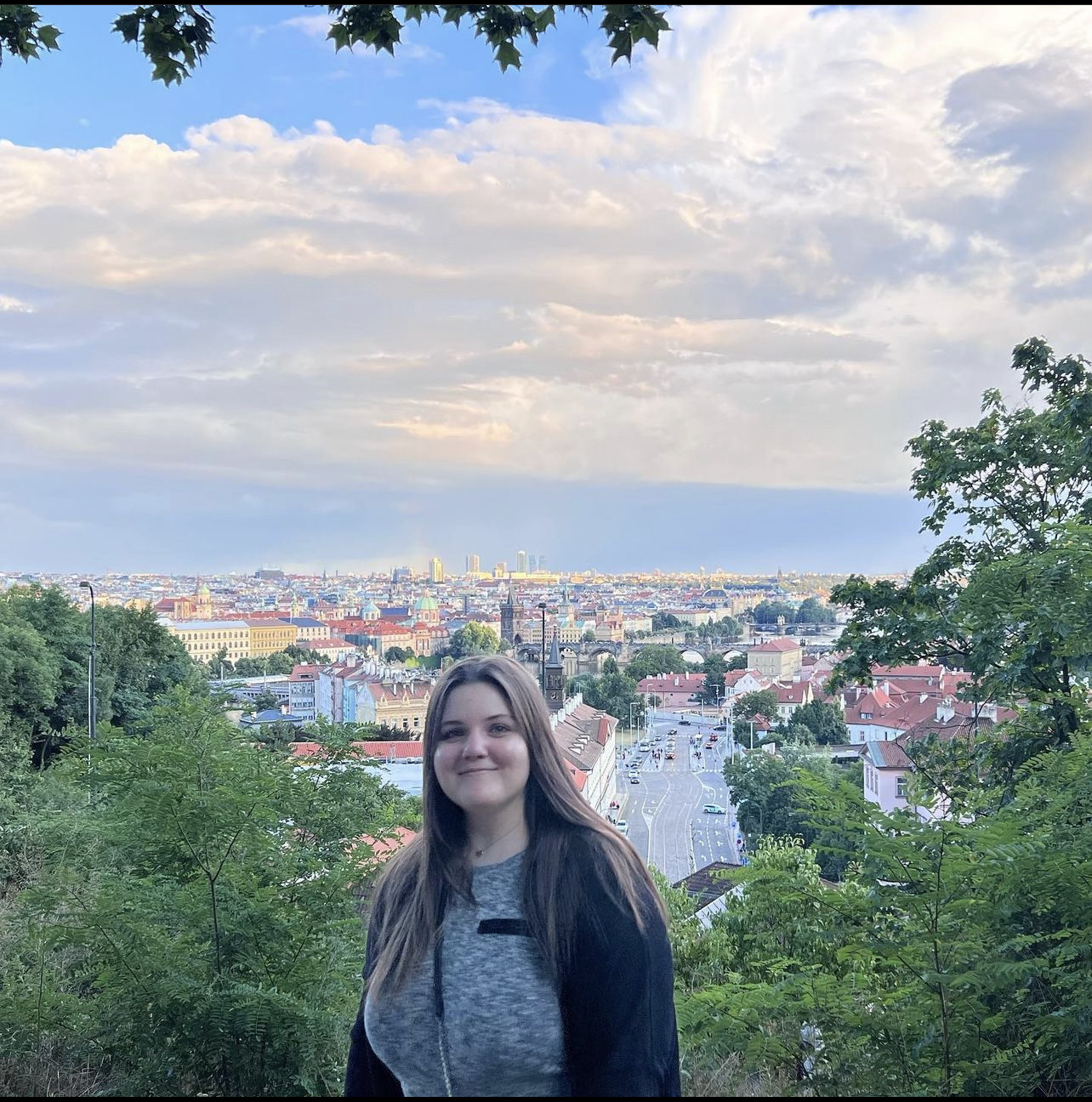
Sonja Bettermann
MA student, Cognitive, Digital and Empirical English Studies
For me, the semiotics summer school in Prague was a great opportunity to acquire insights look on the various topics of semiotic research. We not only listened to fascinating presentations but also got the chance to discuss extensively during lunch and other breaks. Through the activities organised by the coordinators, I was able to speak with and connect with the other students and professors and learn about their research interests and projects. Since I am currently majoring in the MA program Cognitive, Digital and Empirical English Studies at RWTH Aachen University, the summer school helped me get a better understanding of semiotics, especially metaphors, which is relevant and helpful for my writing certain term papers in semiotics and, also, for my studies in general.
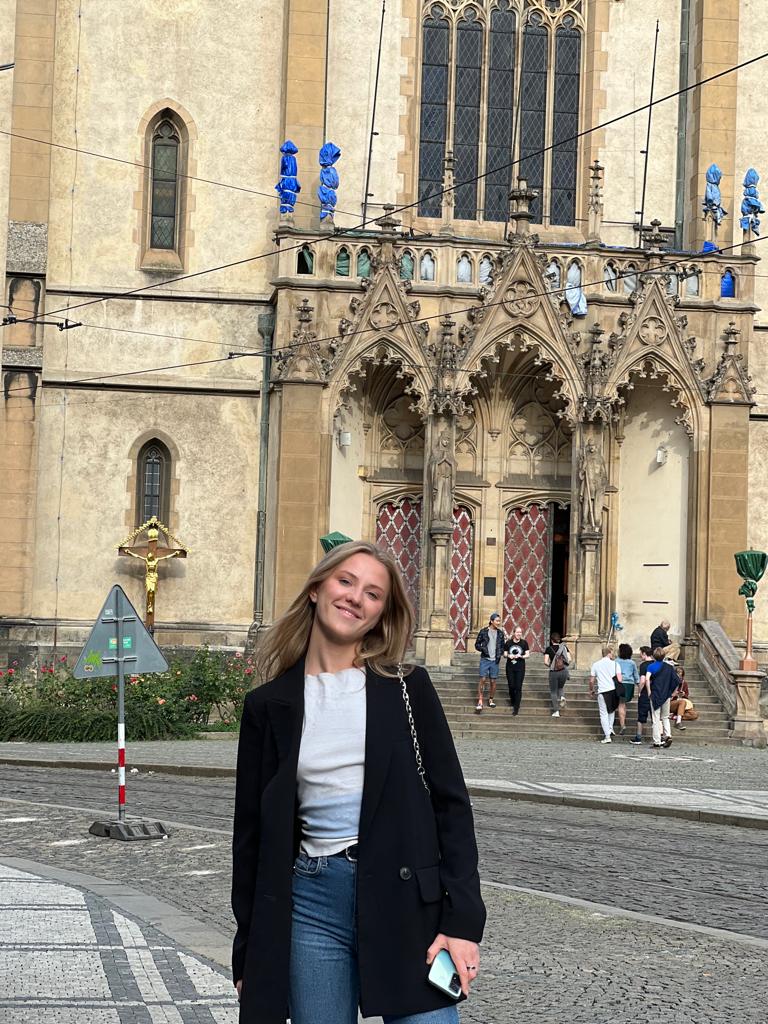
Anna Eskova
MA student, Cognitive, Digital and Empirical English Studies
The International Summer Semiotic School on Visual Metaphor was a very useful and exciting experience. It helped me better understand important theories that I am studying as part of my MA degree in Cognitive, Digital and Empirical English Studies, particularly in regard to the subjects Cognitive Linguistics and Media Semiotics. What I learnred at this Summer School is very helpful for writing some term papers, in which I employ semiotics to analyse perfume advertisements, specifically, the visual representation of different scents. Moreover, the summer school helped me not only to learn more theoretical notions but also to see their application in different fields, starting from linguistics and art and ending with genetics. By attending this summer school I had important realizations about how I want to continue my studies further on, by focusing on specific topics that I anticipate to gain even more relevance in the future.

David Lesmeister
MA student, teacher trainee in English as a foreign language
The Summer School in Prague inspired me, both academically field and personally. The scholarly discourses I listened to, encompassing theories that were knew to me, significantly expanded my horizon. Discussing with students and academics from several universities has encouraged me to explore diverse disciplines and provided new insights into various aspects of my bachelor thesis. The presentations delivered by students ranging from Doctoral to Master and Bachelor degrees contributed to my understanding of theory. This engagement contributed to my understanding of complex concepts and unearthed their relevance in my daily life. Besides academic insights, personally meeting students from various universities and degrees was extremely important and made the Summer School an experience I would not want to miss.
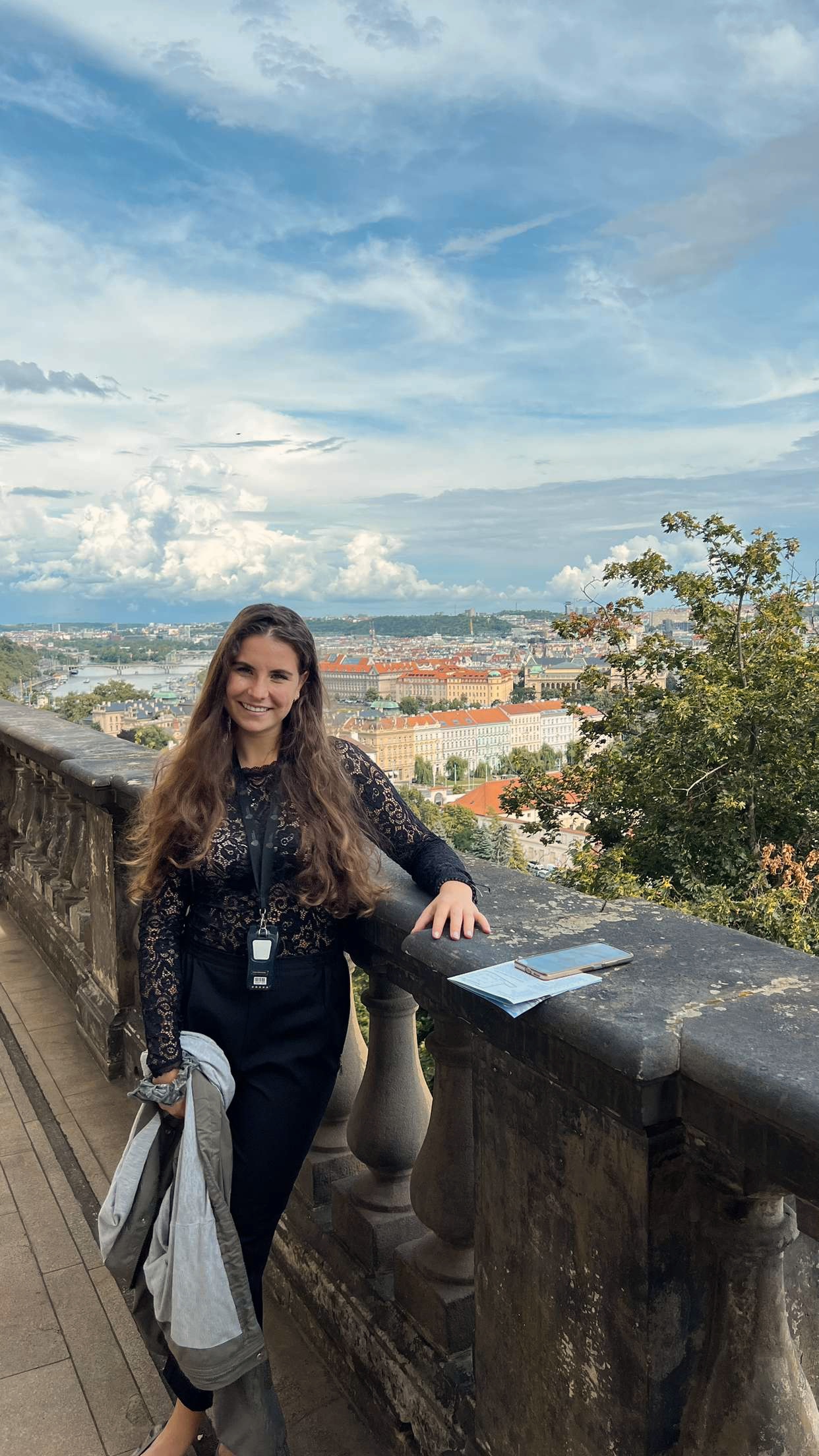
Chiara Schumann
BA student, Linguistics and Literary Studies
BIP+ funding enabled me to participate in the International Semiotic Summer School 2023 in Prague: Visual Metaphor. For me, this event provided highly enriching academic conversations and personal experiences.
I very much enjoyed the diverse lectures on visual metaphors, which complement the BA I am currently undertaking in Linguistics and Literary Studies. For me, it was particularly important to listen to talks on cognitive semiotics and, especially, to have the chance to discuss extensively on the topic with leading researchers in the field, such as Professor Jordan Zlatev. Also, attending presentations by MA and PhD students was very insightful. These experiences helped me clarify my aim to work on developing the cooperation between cognitive linguistics and biosemiotics. Having presented the main idea of my BA thesis, on cross-domain mapping in Thaumoctopus Mimicus, I discussed it with scholars from various universities. This helped me make important progress. I feel genuinely happy about having had these experiences.
By becoming friends with students from many places I improved my English. I had fun by visiting spectacular historical places in Prague, as a group and by discussing about semiotics in beer gardens. It is difficult to imagine a more professionally, culturally and personally fulfilling way of exploring charming European city.
